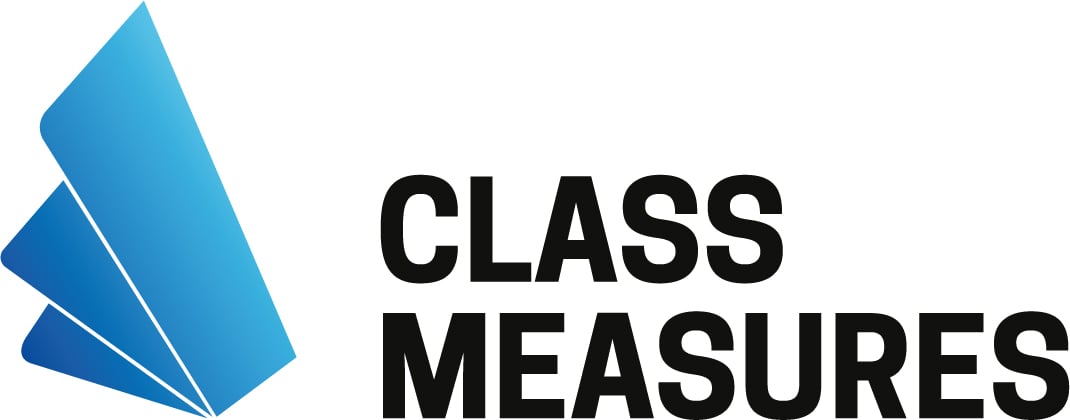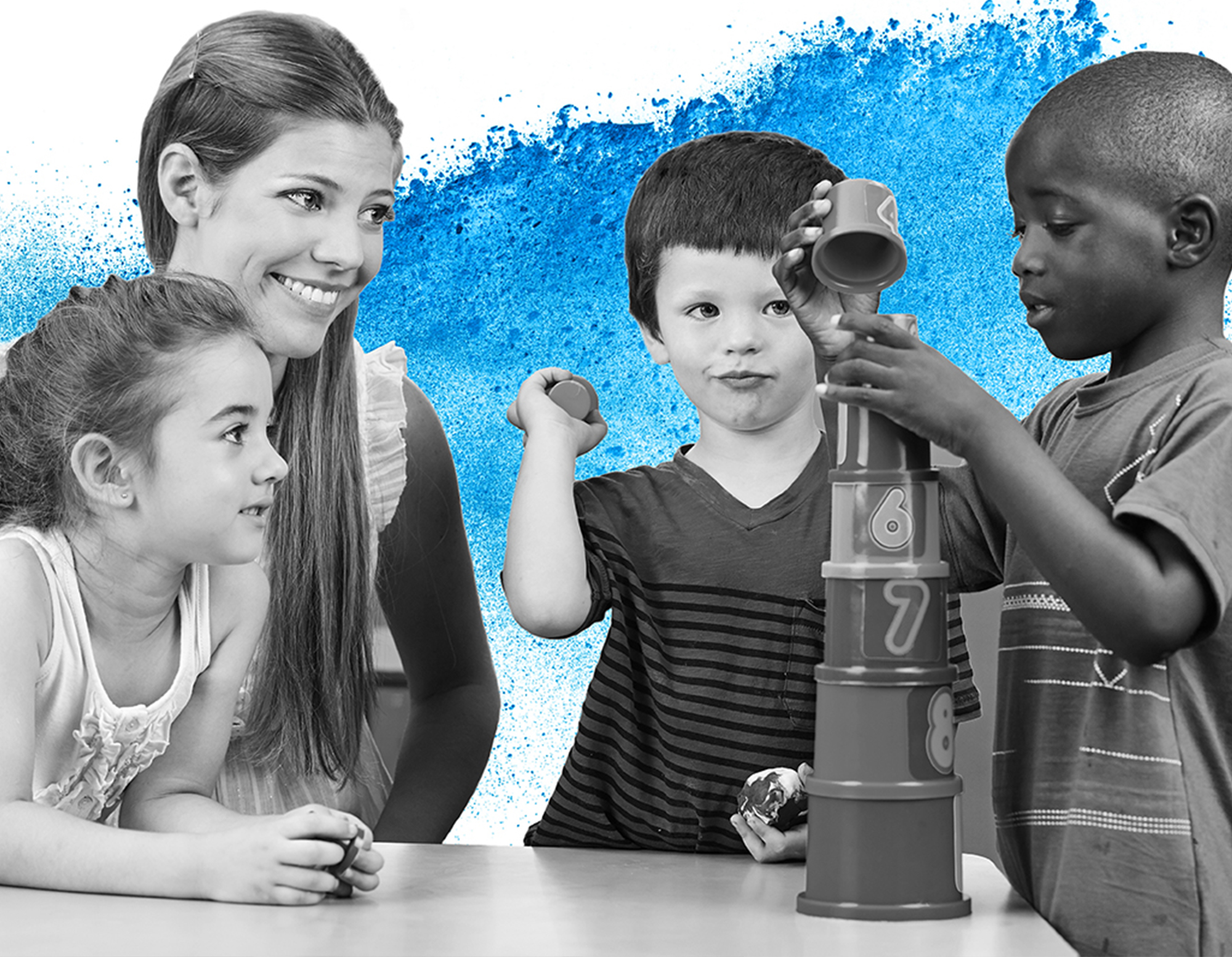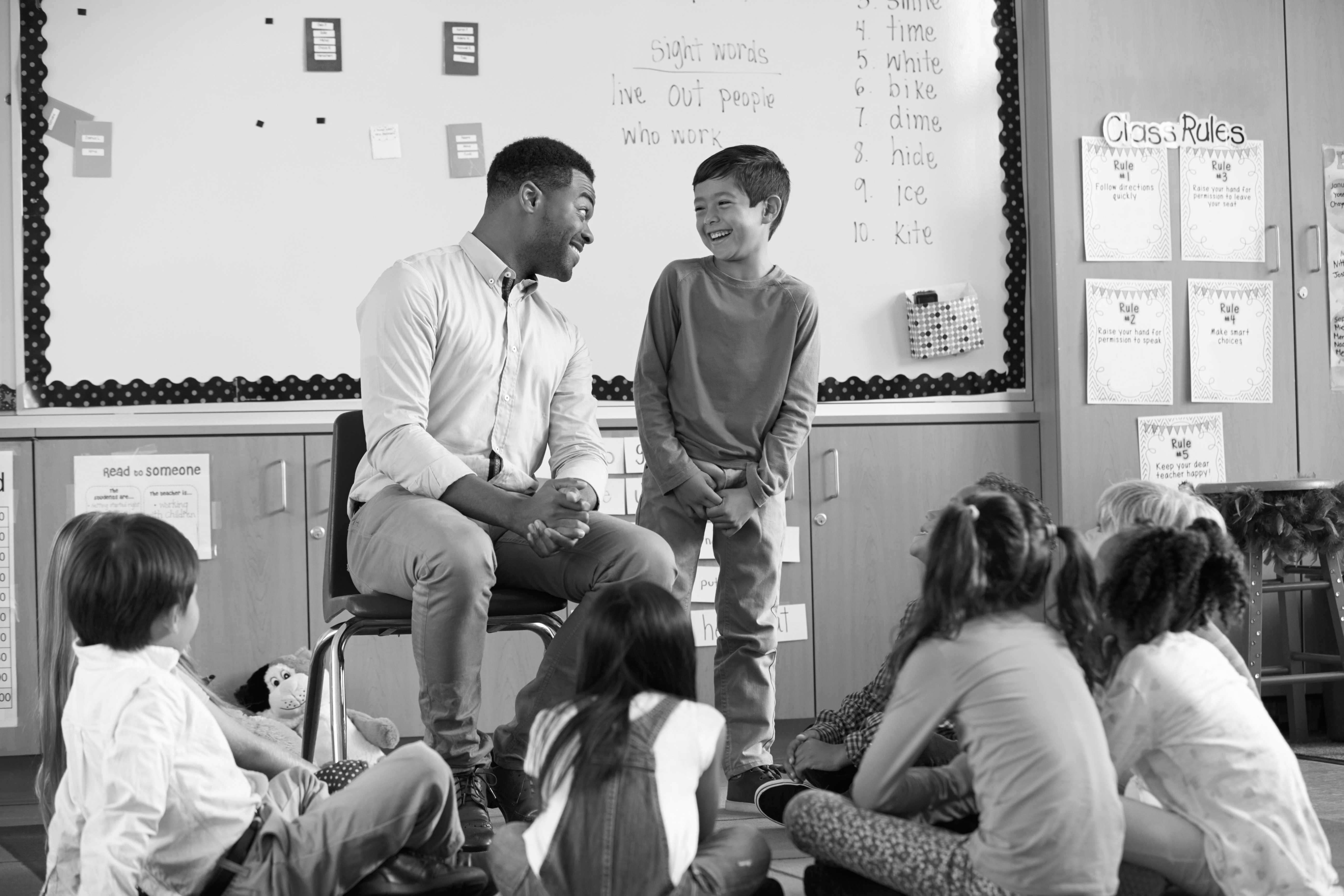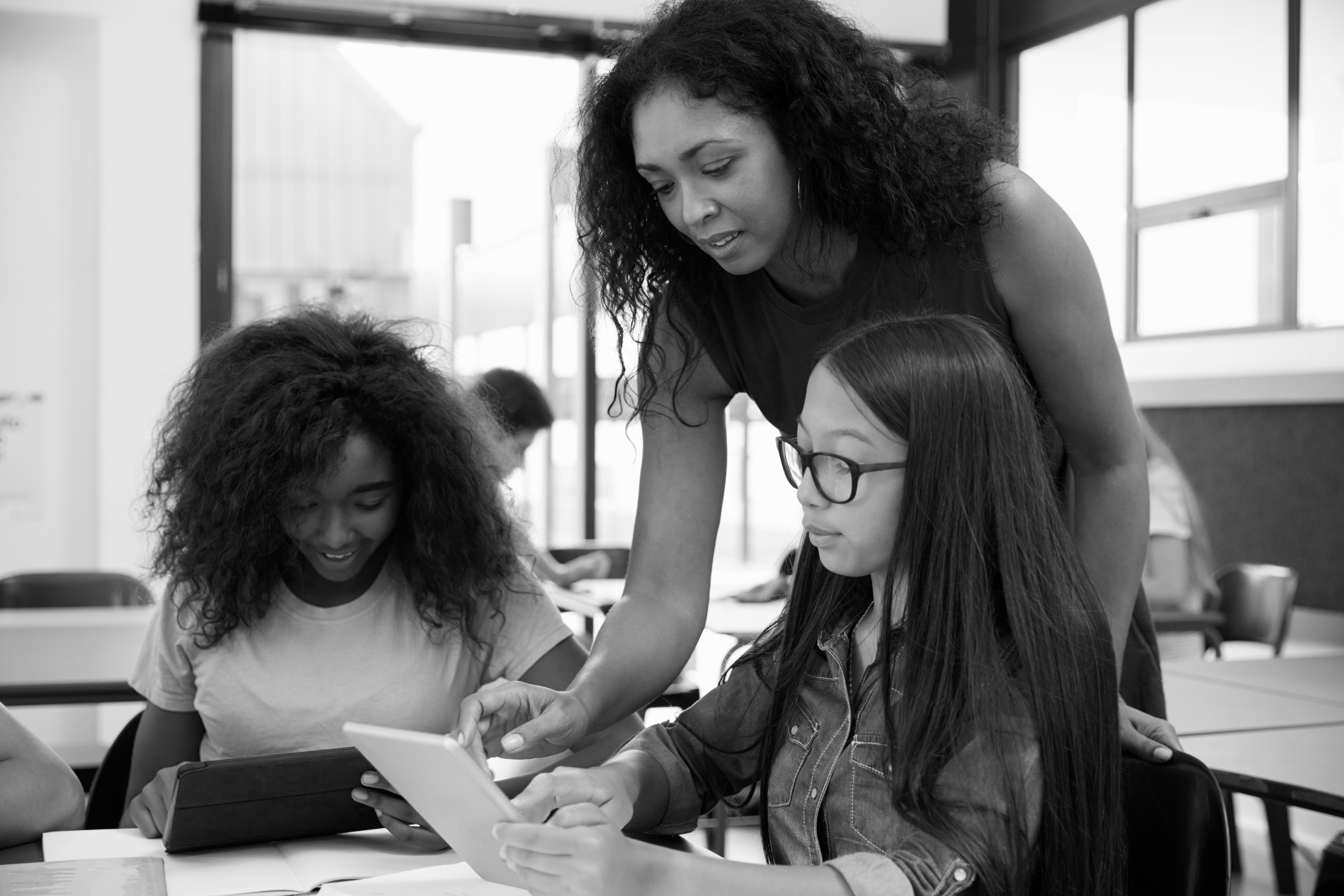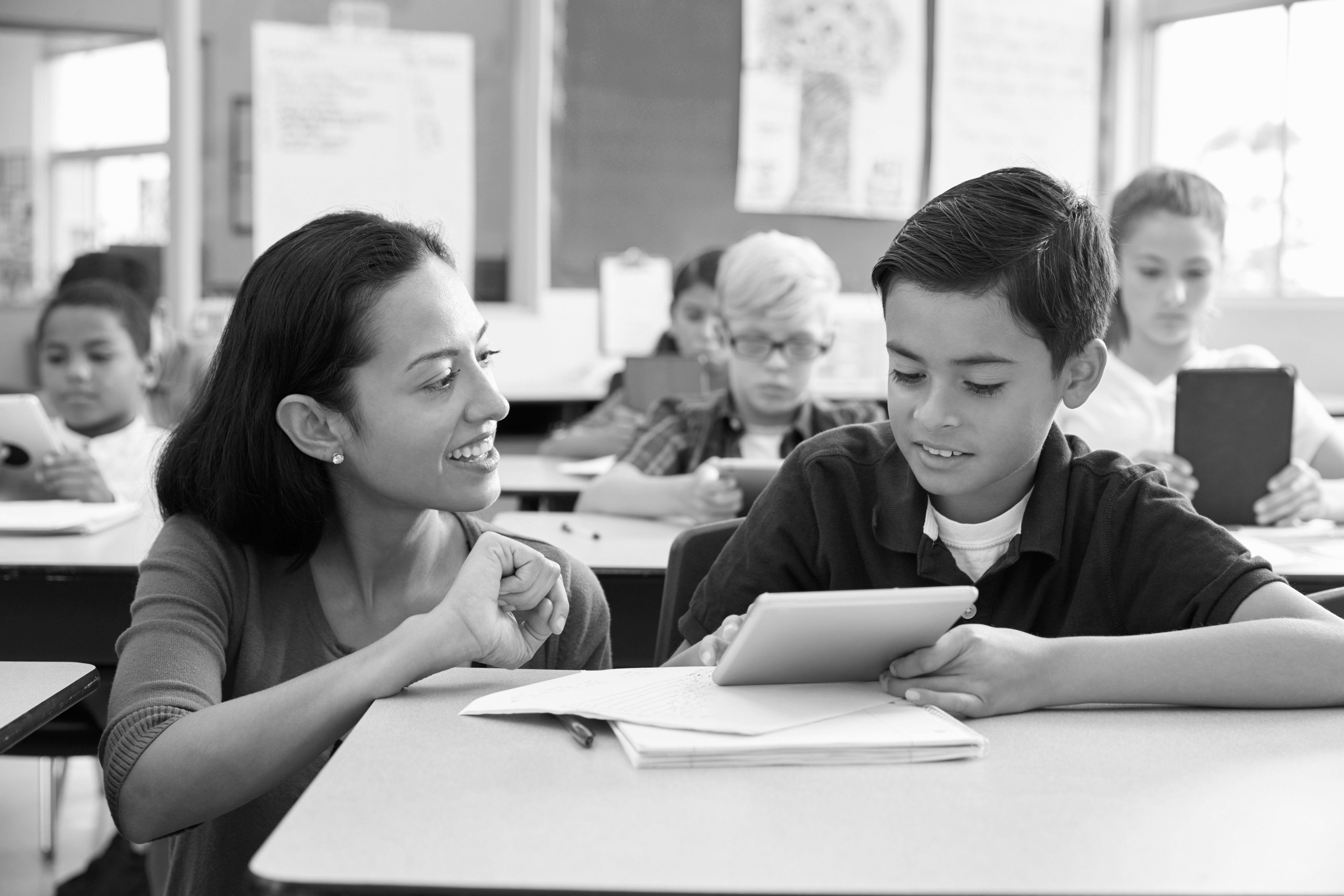As more schools begin to transition from online and hybrid models to traditional in-person instruction, it is essential to understand the impact that months of online learning may have had on student learning and to plan effectively for equitable allocation of resources for the future.
Approximately $20 billion has been allocated in the American Rescue Plan to help schools and districts measure the impact of COVID-19 on learning. According to recent research by the Center for Reinventing Public Education, few of the 100 districts surveyed by the Center have provided details on how they will measure learning and provide supports to enhance student learning. According to the Center’s research, districts have focused on “learning model changes and health and safety standards over expectations for student learning.”
In a typical school year, student academic proficiency and growth are measured in the spring with the administration of standardized tests as part of the state’s education accountability system. This year, while standardized tests cannot be cancelled, they can be delayed or modified, which will likely defer the ability of schools and districts to use assessment data to measure learning and impedes the capacity of schools to achieve sustainable improvement. It is therefore very encouraging to see David Osborne, of the Progressive Policy Institute and author of Reinventing America’s Schools: Creating a 21st Century Education System, championing the role of school quality review processes as a complement to standardized testing in his recent article, Test Scores Give Only a Partial Picture of How a School Is Doing. School Quality Reviews Can Help Fill the Gap.
School quality reviews (SQRs) provide an reliable mechanism for measuring how well students are learning and, as David Osborne noted, should be used to establish the quality of family involvement, student motivation and engagement, the need for social emotional and academic support programs for at risk students, and much more as factors that promote learning. The challenge to school districts will be to fully understand the impact of the learning context throughout the COVID pandemic and, at the same time, develop a foundation for urgent and sustainable support that ensures equity for all. The school quality review process is an approach to gaining a clear understanding of each unique context in order to build a roadmap of actionable, equitable and inclusive strategies to ensure that diverse needs are responded to effectively.
Over the past 20 years, Class Measures has provided quality review processes as a keystone to root cause analysis and sustainable improvement. We have been engaged by numerous state departments of education, schools, and school districts around the world and across the US to assess the quality of teaching and learning and support improvement planning and implementation. Since March 2020, our process have been effectively run in a remote context. An interview with Class Measures’ Vice President, Jo Cheadle, explains how reviews during this period have been adapted not only to continue to deliver value and impact, but also to expand on the benefits of the more traditional in-person reviews.
Many school districts engage in the SQR process to better understand school performance and develop case studies of best practice, increasing their capacity to improve. The process should simultaneously increase the capability of their school leaders when it comes to adapting action plans and improvement strategies. A case in point is St Cloud Area School District that looked to quality school reviews to tackle their priority and focus schools. The deployed evidence-based methodology identified and prioritized any programming and instructional gaps that needed to be addressed to improve school performance. The Superintendent and Assistant Superintendent found it an invaluable exercise and subsequently agreed to roll out the Class Measures quality school review approach for all Title 1 schools in the district to further develop and share best practice.
As schools and school districts develop their improvement plans for school year 2020-2022, the case is certainly gathering momentum to consider the role of school quality reviews as an invaluable part of the planning process.
.
